 |
| Comrade Nguyen Xuan Thang gave a speech at the Workshop. (Photo: SON TUNG) |
Comrade Nguyen Xuan Thang, Politburo member, Director of the Ho Chi Minh National Academy of Politics, Chairman of the Central Theoretical Council attended and delivered a speech at the Workshop. Also attending the Workshop were leaders, former leaders of the Party, State and Ministry of Foreign Affairs, leaders of departments, ministries, research agencies, scientists, representatives of families of members of the delegation negotiating, signing and implementing the Geneva Agreement.
Speaking at the Conference, Comrade Nguyen Xuan Thang emphasized that after 75 days of negotiations with 31 sessions, along with many bilateral and multilateral meetings and contacts on the sidelines of the Conference, in the early morning of July 21, 1954, three Agreements to cease hostilities in Vietnam, Laos and Cambodia were signed. The Conference held its closing session and adopted the "Final Declaration" on the Agreement to restore peace in Indochina; from here, a new situation was opened, forcing France to withdraw its troops, completely ending the French colonialist war of aggression in Indochina, opening the stage of collapse of old-style colonialism.
Comrade Nguyen Xuan Thang stated that promoting the great strength and influence of the Dien Bien Phu Victory, the Geneva Agreement was the pinnacle of victory of Vietnamese diplomacy in the resistance war against the French colonialists; affirming the justice of the national liberation struggle and the tradition of peace and love of peace of the Vietnamese people. For the first time in history, the major countries participating in the Geneva Conference recognized and committed to respecting the basic national rights: sovereignty, independence, unity and territorial integrity of Vietnam, Laos and Cambodia.
 |
| Delegates attending the conference took a souvenir photo |
The historic victory of Dien Bien Phu and the signing of the Geneva Agreement were also victories for the national liberation and peace-loving movements around the world. This was the beginning of the collapse of old colonialism, inspiring and giving confidence to national liberation movements in Asia, Africa and Latin America, leading to the birth of many people's democratic states; continuing to be a great source of encouragement and motivation for the struggle of the Vietnamese people for national independence and unification, for freedom and happiness of the people.
Comrade Nguyen Xuan Thang emphasized that 70 years have passed but the historical significance of the Geneva Agreement on the cessation of hostilities in Vietnam remains intact; with extremely valuable lessons learned, vividly reflecting the principles, mottos, art of foreign affairs, maturity and great contributions of Vietnamese diplomacy to the revolutionary cause of the Party and the nation; shining the wish of President Ho Chi Minh for "a peaceful, unified, independent, democratic and prosperous Vietnam".
These are lessons on: maintaining and strengthening the Party's leadership; promoting the combined strength, closely combining political, military and diplomatic fronts; maintaining independence and autonomy, ensuring national and ethnic interests above all and first; thoroughly grasping the motto "with the unchanging, responding to all changes"; promoting the strength of the people and the great national unity bloc, raising high the banner of justice, combining national strength with the strength of the times.
Speaking at the workshop, Foreign Minister Bui Thanh Son shared that, along with the Dien Bien Phu Victory, the Geneva Agreement completely ended the nearly 100-year colonial rule in Vietnam, completely liberated the North, created the premise to build the North into a solid rear for the great southern front, and move towards the complete realization of the goal of national independence and national unification.
Regarding foreign affairs, the 1954 Geneva Conference was a multilateral forum with the participation and direct negotiations of major countries, which Vietnam participated in for the first time. In this first participation, Vietnamese diplomacy affirmed the stance, mettle, and intelligence of a nation with thousands of years of civilization; with an indomitable will to protect independence; imbued with the quintessence of national culture and the ideology, style, and diplomatic art of Ho Chi Minh.
Minister Bui Thanh Son affirmed that the process of negotiating, signing and implementing the Geneva Agreement is a handbook containing many valuable lessons on foreign affairs, demonstrating the unique identity of the Vietnamese school of foreign affairs and diplomacy, which has been inherited, creatively applied and developed in the negotiation, signing and implementation of the 1973 Paris Agreement later, as well as in building, developing the country and defending the Fatherland today.
Summarizing historical lessons from the process of negotiating, signing and implementing the 1954 Geneva Agreement has very practical significance, contributing to the research, construction and completion of the theoretical and methodological basis for foreign affairs and diplomacy in the Ho Chi Minh era as well as the construction, completion and implementation of the Party's foreign policy in the new stages of development of the country.
Looking back on the 70th anniversary of the signing of the Geneva Agreement is also an opportunity for today's generation to understand more fully and deeply and to show gratitude for the sacrifices and great contributions of previous generations of leaders and revolutionary cadres who devoted their youth to the Fatherland to create the great Dien Bien Phu Victory.
Source: https://baothuathienhue.vn/chinh-tri-xa-hoi/hiep-dinh-geneva-dinh-cao-thang-loi-cua-nen-ngoai-giao-viet-nam-143156.html


![[Photo] Award ceremony for works on studying and following President Ho Chi Minh](https://vphoto.vietnam.vn/thumb/1200x675/vietnam/resource/IMAGE/2025/5/20/a08ce9374fa544c292cca22d4424e6c0)
![[Photo] Vietnamese shipbuilding with the aspiration to reach out to the ocean](https://vphoto.vietnam.vn/thumb/1200x675/vietnam/resource/IMAGE/2025/5/20/24ecf0ba837b4c2a8b73853b45e40aa7)






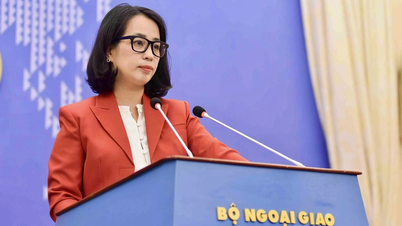

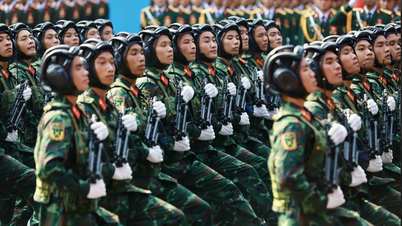



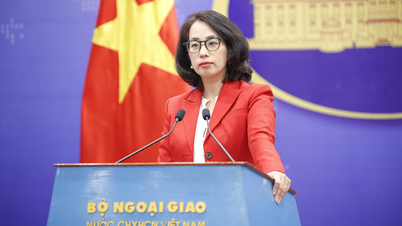

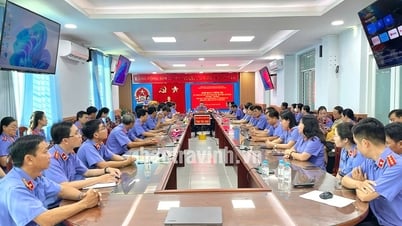

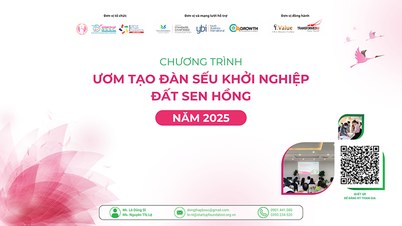
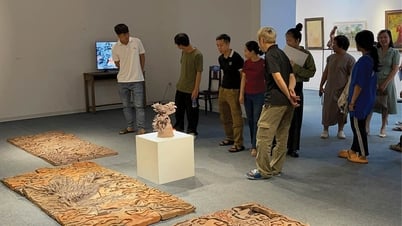

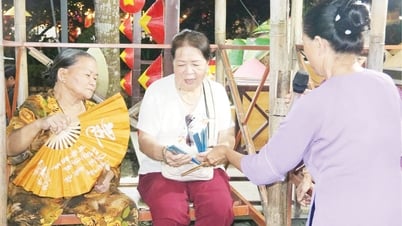
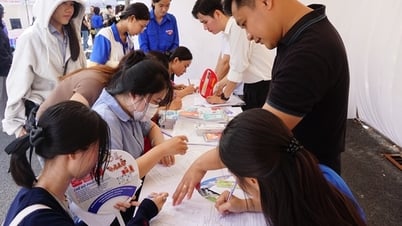




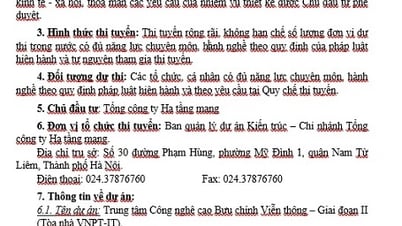
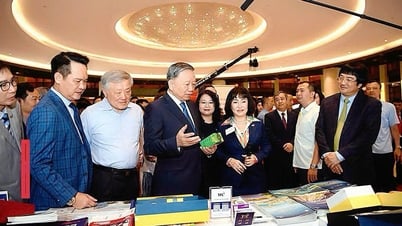
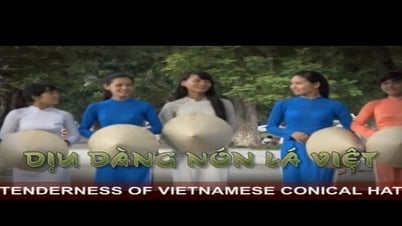


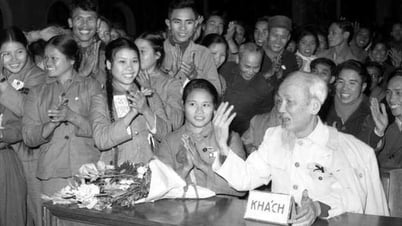






















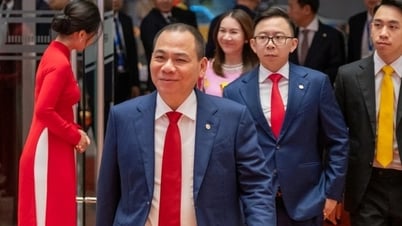



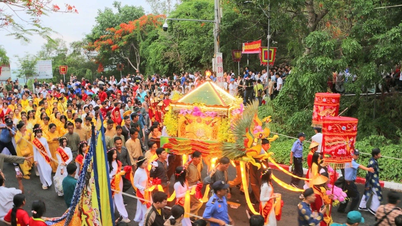




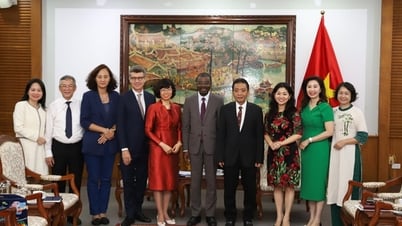








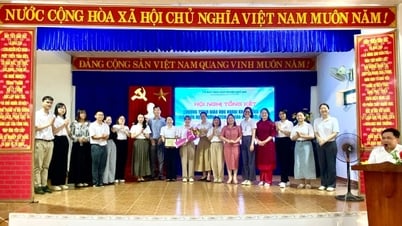







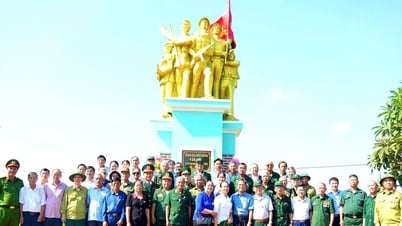
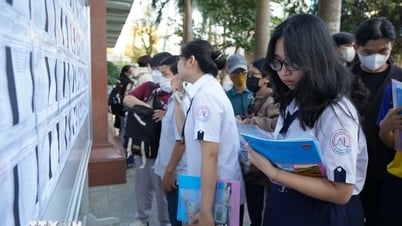










![[VIDEO] - Enhancing the value of Quang Nam OCOP products through trade connections](https://vphoto.vietnam.vn/thumb/402x226/vietnam/resource/IMAGE/2025/5/17/5be5b5fff1f14914986fad159097a677)
Comment (0)